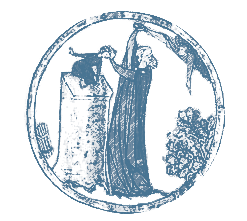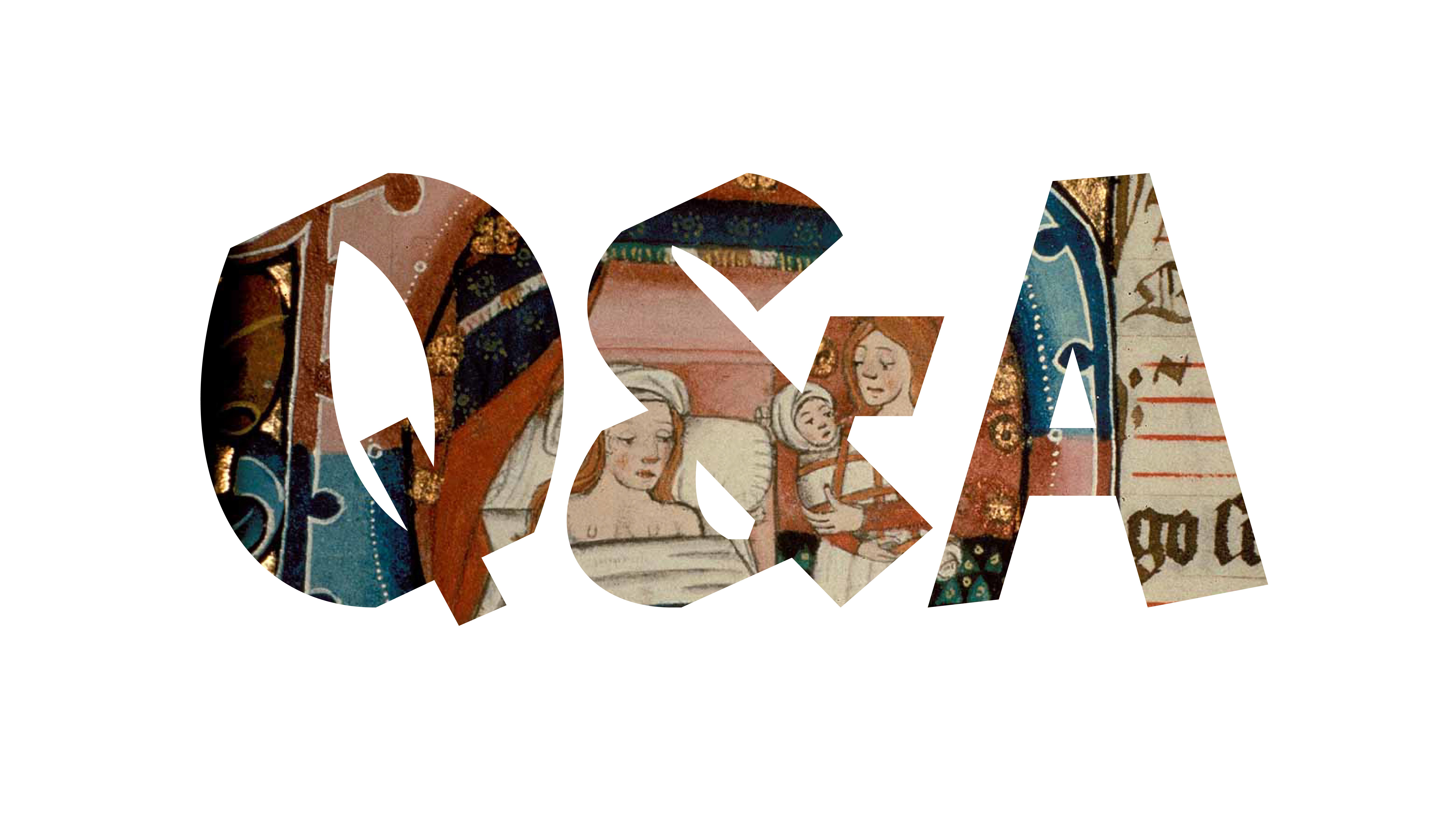Natalie
B.
Dohrmann

Associate Director
University of Pennsylvania
Research Topic
The Anxiety of Identity: Analogical Reasoning and the Rabbinic Negotiation of Rome
Bio
Natalie Dohrmann is the associate director of the Katz Center, and editor of the Jewish Quarterly Review.
She is adjunct Associate Professor of Religious Studies and also teaches in the departments of History, Classics, and Middle Eastern Languages and Cultures, and is faculty of the Jewish Studies Program at the University of Pennsylvania. She has published widely on rabbinic legal and literary culture in the Roman East. She earned her Ph.D. from the University of Chicago.
Selected publications
- “Roman War, Rabbinic Law, and Provincial Sovereigntism,” in Unrest in the Roman Empire: A Discursive History, ed. Lisa Eberle and Myles Lavan. Frankfurt am-M: Campus Verlag; Chicago: University of Chicago Press, 2025.
- Worlds of Jewish Law: Premodern Legal Cultures in the Making. Natalie Dohrmann, Marc Herman, and Micha Perry, editors. Philadelphia: University of Pennsylvania Press (in process).
- Legal Engagement: The Reception of Roman Tribunals and Law by Jews and Other Provincials of the Roman Empire (Le droit et les tribunaux romains vus par les Juifs et les autres habitants de l’Empire). Katell Berthelot, Natalie Dohrmann, and Capucine Nemo-Pekelman, editors. Rome: École Française de Rome, 2021.
- “Ad similitudinem arbitrorum: On the Perils of Commensurability and Comparison in Roman and Rabbinic Law,” in Legal Engagement: The Reception of Roman Law and Tribunals by Jews and Other Inhabitants of the Empire. Edited by Katell Berthelot, Natalie Dohrmann, and Capucine Nemo-Pekelman. Rome: École Française de Rome, 2021.
- “Can ‘Law’ Be Private? The Mixed Message of Rabbinic Oral Law.” In Public and Private in Ancient Mediterranean Law and Religion, edited by Clifford Ando and Jörg Rüpke. Religionsgeschichtliche Versuche und Vorarbeiten 65. Berlin: De Gruyter, 2015.
- “Jewish Books and Roman Readers: Censorship, Authorship, and the Rabbinic Library,” in Regarding Roman Power: Imperial Rule in the Eyes of Greeks and Romans, Jews and Christians, and Others, edited by Katell Berthelot. Rome: École Française de Rome, 2020.
- “Not There: Empire, Intertextuality, and Absence,” in Literature and Culture in the Roman Empire, 96–235 ce: Cross-Cultural Interactions, edited by Alice König, James Uden, and Rebecca Langlands. Cambridge: Cambridge University Press, 2020.





